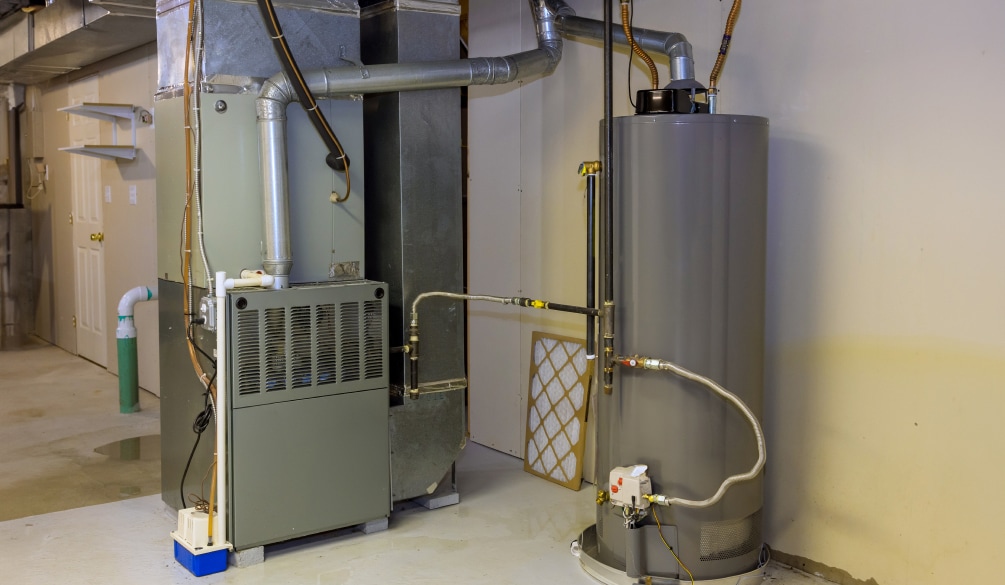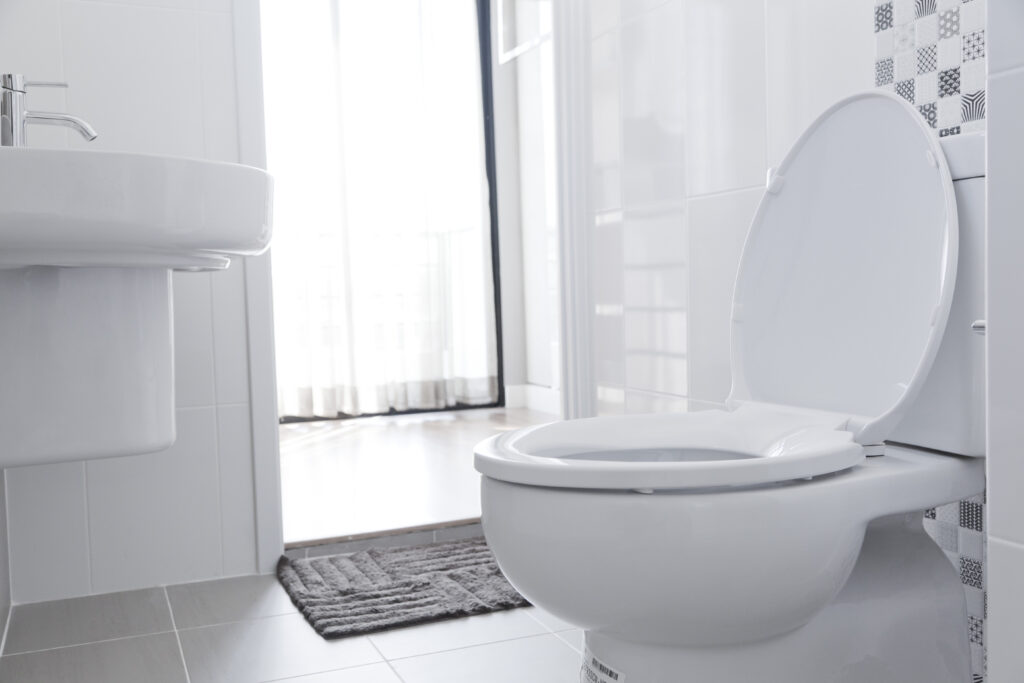3 Ways to Lower the Heating Bill

When it comes down to it, there are really only two methods to keep a heating bill low:
Ensure that the system is well-maintained, and use the system efficiently.
If a heater receives regular maintenance and is in good working order, there’s not much else that can be done except to use the heater better.
That may sound like generic advice, but only because it truly is that simple. This post will go over two less obvious things that can be done to ensure the heater is operating at full potential. The third thing is some advice that will help the homeowner use their system better.
1. Have the Ducts Repaired or Replaced
Ducts are used with heat pumps, furnaces, and other forced-air systems. For these systems, the ducts are half of the system. Without the ducts, the air has no way of feeding into the rooms of the home. But if the ducts fall into disrepair, it can become a huge drain on the heating bill.
As ductwork begins to age, it can develop leaks and disconnects. This can lead to nearly 30% of the air circulating through them to become lost. That equates to wasting 30% of the energy spent on heated air! Having these ducts tested and repaired is essential to maintaining efficiency.
Ducts with minor issues can be repaired, but if they’re too far gone, they’ll need to be replaced entirely by an HVAC contractor in Westchester, NY. Replacement may sound like a drastic measure, but it often makes more sense to go for replacement than to try and patch up a beat-up duct system. Plus, brand-new pieces of the duct will last much longer.
2. Change the Air Filter
This is an easy fix that can be done right now. Yet, countless people forget all about their air filter—sometimes they don’t remember until it’s too late. Every forced-air heater requires an air filter in order to prevent dust and dirt from getting in the system. It will eventually become too dirty and need replacement, but this is precisely where many homeowners just forget about it completely.
When the filter is clogged, efficiency is the first thing to go. The collected dirt will restrict airflow, thus directly affecting the heater’s performance. After that, the heater can develop more serious issues, like overheating and problems with combustion.
3. Upgrade the Thermostat
Repairing the ducts and changing the air filter are great methods for improving the system’s performance. After ensuring the system is working at its best, its up to the homeowner to use the heater responsibly. Implementing a heating schedule and sticking to it can dramatically improve the efficiency of a system.
But it’s not always easy to stay on top of that. This is where a smart thermostat will come in to save the day. With their advanced learning capabilities, they can keep the homeowner comfortable throughout the day while monitoring usage. They’ll help prevent the heater from using too much energy, and all the homeowner has to do is refrain from raising the temperature!







